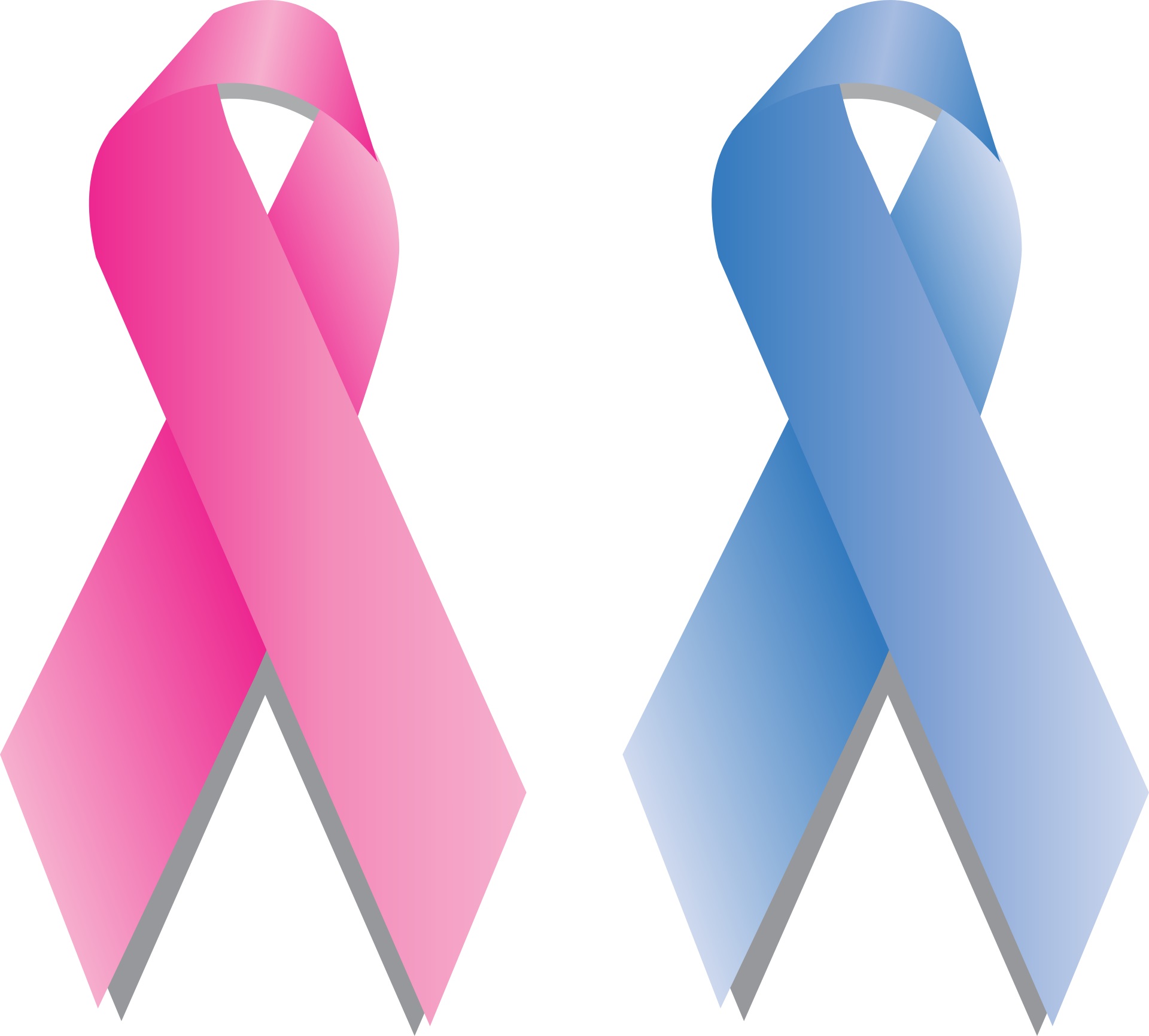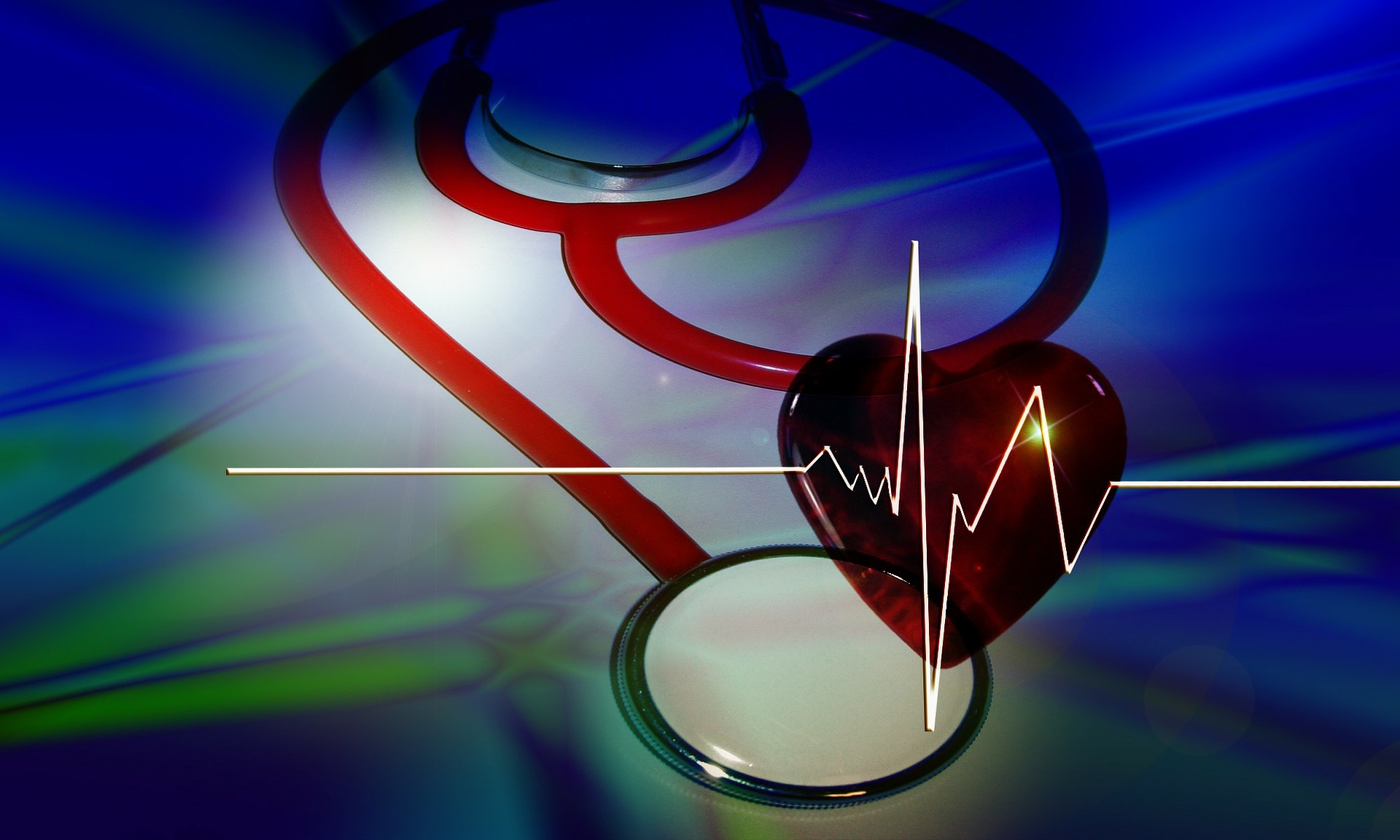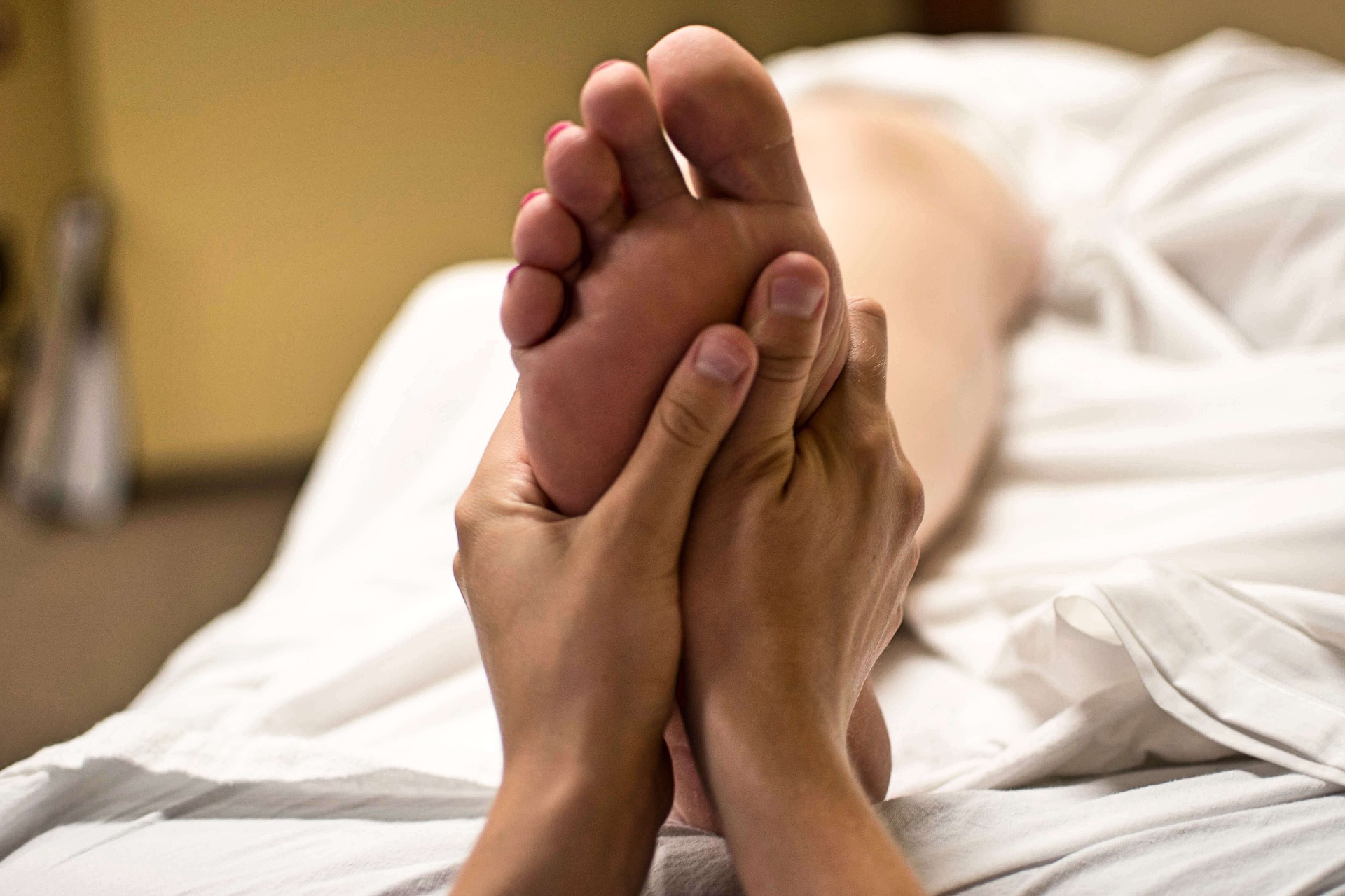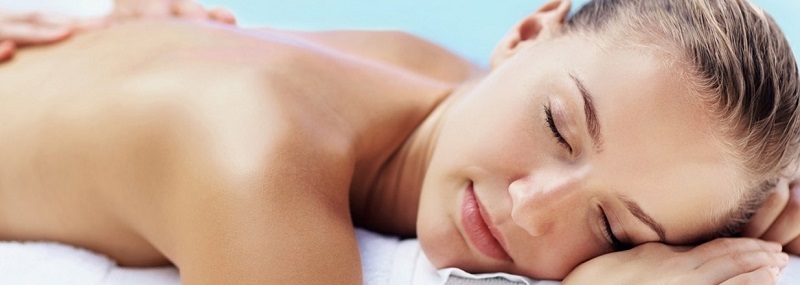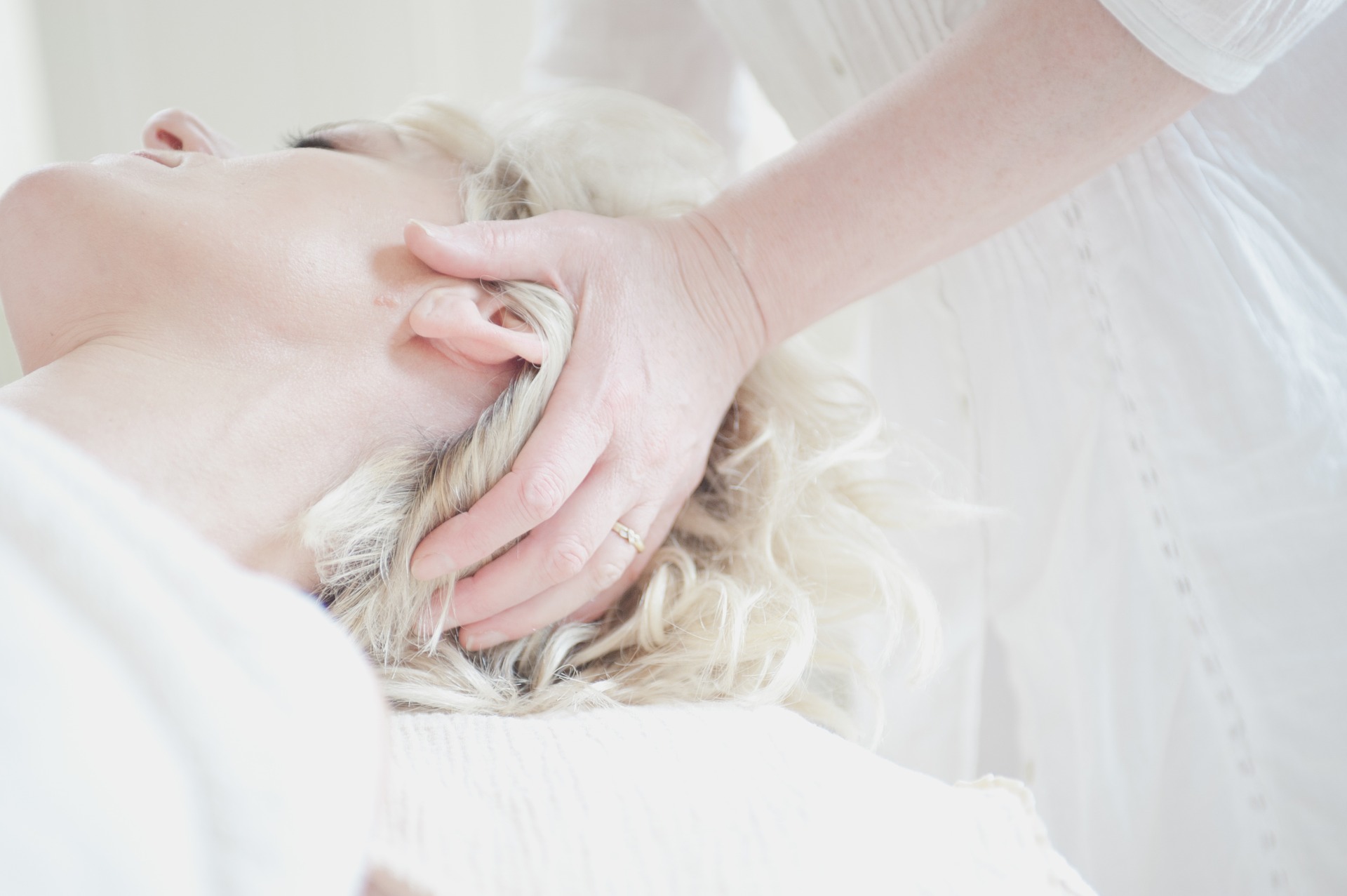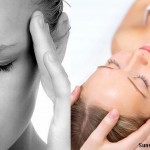Massage therapy is manual manipulation of soft body tissues (muscle, connective tissue, tendons and ligaments) for muscle recovery, relaxation and to enhance a person’s health and well-being.
Massage therapy dates back in history – rooted in ancient cultures and believed to benefit and treat people with illnesses and disabilities.
There are various types of massage therapy methods (also called modalities).
There are Massage techniques that apply pressure to the body that can range from being soft/light, gentle to moderate, firm/vigorous to deep.
A Registered Massage Therapist can find just the right pressure to suit your particular body type and your level of sensitivity.
Here are some of the popular types of massage:
Traditional Swedish Massage
Relaxation Massage
Registered Full-Body Massage
Deep tissue Massage
Sports Massage
Pregnancy / Prenatal Massage
Therapeutic Massage
Infant / Baby Massage
Massage stimulates the release of endorphins which can reduce pain.
Massage stimulates the flow of blood circulation and lymph vessels.
Massage helps relieve muscle and joint pain and reduces muscle tension.
Massage helps relieve and reduce pain in damaged muscles for muscle recovery.
MASSAGE & CANCER?
There is no scientific evidence suggesting that massage therapy because of its ability to increase circulation in the blood or lymph nodes can spread cancer to other parts of the body.
Massage does not trigger and push cancer cells to channel to other parts of the body.
RISKS
Is massage safe for people with cancer?
Medical clinical knowledge directly relating to the metastasis process of cancer and the effects of massage on cancer is still in research; and with any surgical procedure, medical procedure, or other course of treatment there is always some degree of risk with our complex body’s system.
Why do people with cancer use massage?
Massage is a drug-free – healthy way to deal with the stress and emotional challenges that come from a cancer diagnosis.
Massage using gentle/soft/light even/smooth pressure promotes relaxation, reduced tension and decreased fatigue in patients with cancer.
Massage helps maintain a regular sleep schedule – which is possibly the most important thing that contributes to overall health and wellbeing.
Cancer patients are using complementary and alternative therapies — not as a substitute for conventional medicine but as an adjunct to cancer treatment.
MASSAGE & CONTRADICTIONS
AVOID MASSAGE IF DIAGNOSED WITH DEEP VEIN THROMBOSIS (DVT) – Blood clots – OR SUSPECT SWELLING FROM DVT WITH THOSE WITH CANCER AND BEYOND.
AVOID MASSAGE IF YOU ARE IN AN INCREASED STATE OF THROMBOSIS
AVOID MASSAGE FOLLOWING A MAJOR SURGERY RELATED TO CANCER
DO NOT MASSAGE A TUMOR WITH OPEN WOUNDS, BLEEDING OR OPEN SKIN
AVOID MASSAGE DIRECTLY IN THE AREA OF YOUR SKIN CANCER MELANOMA
DO NOT MASSAGE A PERSON DIAGNOSED WITH HEART CANCER EFFECTED WITH CANCER IN TISSUES AND THE CHAMBERS
DO NOT APPLY PRESSURE OR FRICTION OVER SKIN EFFECTED BY RADIATION.
MANUAL LYMPHATIC DRAINAGE SHOULD NOT BE PERFORMED IF CANCER HAD SPREAD TO THE LYMPH NODES.
DO NOT APPLY MASSAGE UNDER CONDITIONS OF BONE METASTASIS
DO NOT APPLY MASSAGE WHEN SWOLLEN LEGS AND ARMS ARE DIRECTLY RELATED FROM LYMPHOEDEMA.
AVOID DEEP TISSUE MASSAGE AS IT PUTS TOO MUCH PRESSURE AND BURDENS THE ALREADY WEAK BODY WITH CANCER.
AVOID DEEP TISSUE MASSAGE WHEN DIAGNOSED WITH CANCER.
Seek massage therapy from a registered massage therapist, particularly one who has received specialized training in oncology massage (massage for cancer patients).
You must talk to your doctor before beginning massage to make sure it is appropriate with your type of cancer, stage of cancer, prognosis, assessment, cancer medication and cancer treatment plan.
You must speak with a Registered Massage Therapist to ensure safe overall massage treatment.
Possible side effects of massage may include even to healthy patients:
Headaches/Migraines
Fatigue or Sleepiness
Inflammation
Nausea
Muscle soreness
Best Type Of Massage For Cancer Patients
Non-invasive gentle massage is being increasingly used with standard therapies for patients suffering from cancer to release tension, aid in relaxation and well-being.
If You Have Cancer Consult Your Physician Before Booking A Massage
Always talk to your oncologist and health care specialist before getting a massage.
The best practice with cancer is to always seek a second opinion or even a third independent opinion no matter the diagnosis and the recommended treatment plan.
While massage can help your quality of life during cancer it can also help you deal with the stresses of living with cancer.
*The contents of this website, such as text, graphics, images, and other material contained on the website (“Content”) are for informational purposes only and do not constitute medical advice; the Content is not intended to be a substitute for professional medical advice, diagnosis, or treatment. Always seek the advice of a physician or other qualified health provider with any questions you may have regarding a medical condition. Never disregard professional medical advice or delay in seeking it because of something you have read on this website.
In the event of a medical emergency, call a doctor or 911 immediately. This website does not recommend or endorse any specific tests, physicians, products, procedures, opinions, or other information that may be mentioned on the Site. Reliance on any information provided by this website is solely at your own risk.
The Site and the Content are provided on an “as is” basis.
